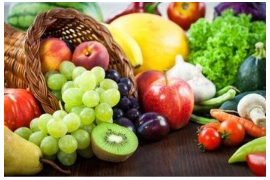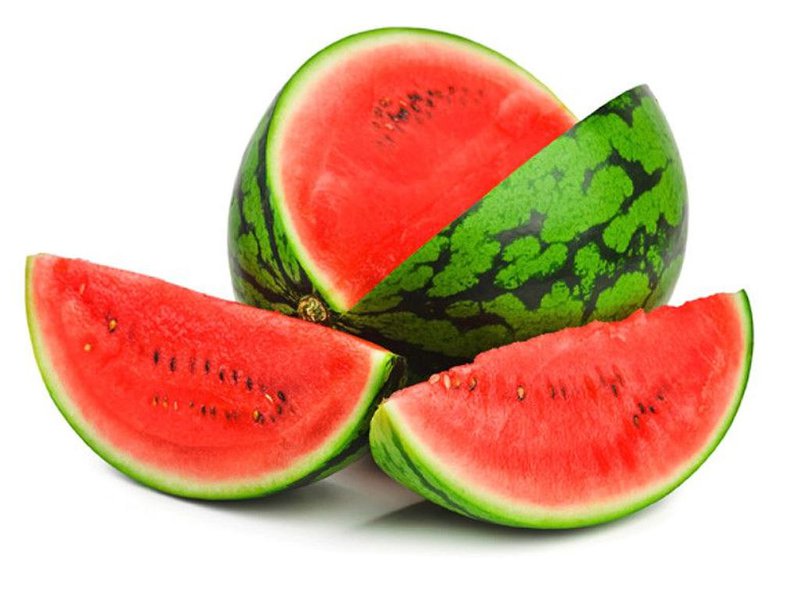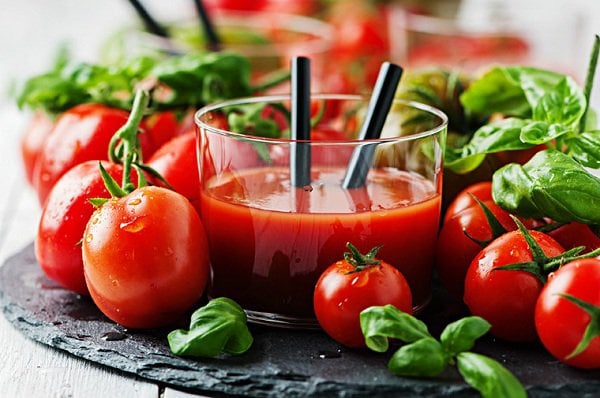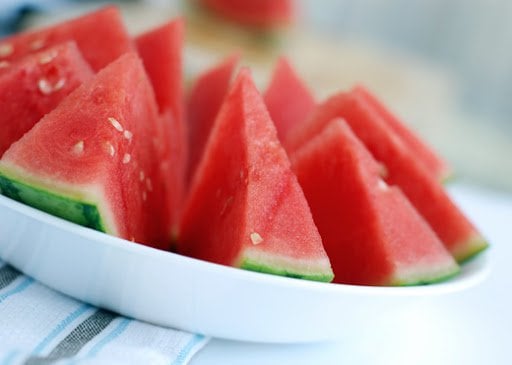How many calories does watermelon contain?
This is an automatically translated article.
Watermelon is a large, sweet-tasting fruit native to southern Africa. Although it is a favorite fruit, many people often wonder if eating watermelon is fat? The truth is that watermelon contains a lot of water, nutrients and contains very few calories, especially with the ability to instantly quench thirst. Furthermore, it is a good food source of citrulline and lycopene, two powerful plant compounds. This juicy melon may have a number of health benefits, including lowering blood pressure, improving insulin sensitivity, and reducing muscle soreness. In addition to being eaten fresh, they can also be frozen, juiced or added to smoothies.
1. How many calories does watermelon contain?
With only 46 calories in 1 cup of diced watermelon, this fruit serves as a healthy alternative as a low-sugar dessert. Known as a refreshing snack with its impressive light and dark green skin and succulent pink-red interior, watermelon contains more than 92% water and is low in calories.
According to the United States Department of Agriculture, one watermelon contains only about 1,360 calories.
Estimated calories in a whole watermelon You won't even meet your daily calorie intake from eating a whole watermelon. According to the Food Data Central of the United States Department of Agriculture (USDA), an entire watermelon measuring 15 inches long by 7.5 inches in diameter contains 1,360 calories.
Most of a fruit's calories come from carbohydrates, which are mainly made up of natural sugars like sucrose, fructose, and glucose. These sugars give watermelon a sweet, candy-like flavor. The carbohydrate content in watermelon is low so your blood sugar won't spike.
Estimated calories in a slice of watermelon The calories per slice of watermelon will not exceed your daily calorie limit. You'll only find 86 calories in one slice of watermelon (about 1/16 of an entire 15-inch by 7.5-inch watermelon), according to the USDA.
To help you stay on track with your diet, the USDA also provides calories in other servings of watermelon:
46 calories in 1 medium cup of watermelon. 30 calories per 100 grams of watermelon. 71 calories in 1 cup of watermelon juice. Adding watermelon to your diet has many beneficial effects on health. According to the US Food and Drug Administration (FDA), eating 86 calories in a slice of watermelon can provide vitamins and minerals in the following ratio:
25% vitamin C to fight germs, protects you from premature aging and soothes dull skin. 30% vitamin A for optimal eye health and boost your immune system. 4% iron helps to eliminate fatigue and treat anemia. 2% calcium to build and support strong bones 8% potassium to regulate blood pressure and keep hydration levels balanced. 4% fiber helps you feel full for longer.
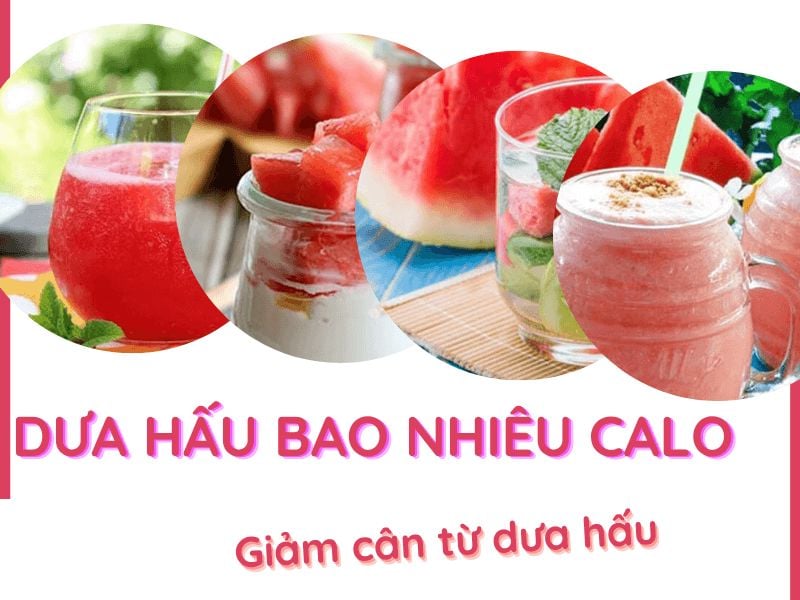
1 lát dưa hấu chỉ chứa khoảng 86 calo
2. Is eating watermelon fat?
Watermelons and their juices are low in calories and high in nutritional compounds that have been linked to a number of health benefits. Therefore, eating watermelon does not cause excessive weight gain and may provide the beneficial effects listed below.
Lowering blood pressure High blood pressure is a major risk factor for chronic disease and premature death. Watermelon is a rich source of citrulline. Then, citrulline is converted to arginine in your body. Both of these amino acids aid in the production of nitric oxide. Nitric oxide is a gas molecule that causes the small muscles around your blood vessels to relax. This leads to a blood pressure lowering effect.
Supplementing with fresh watermelon or watermelon juice may reduce blood pressure and arterial stiffness in people with high blood pressure.
Reduces insulin resistance Insulin is an important hormone in your body and is involved in blood sugar control. Insulin resistance is a condition in which cells no longer respond to the effects of insulin. This can lead to elevated blood sugar levels and has been linked to metabolic syndrome and type 2 diabetes. The arginine content in watermelon juice has been linked to reduced insulin resistance in several studies.
Reduce muscle soreness after exercise Muscle soreness is a common phenomenon that occurs after strenuous exercise. Fortunately, one study published the results that watermelon juice was effective in reducing muscle soreness after exercise.
In summary, watermelon is not only a fruit for refreshment but also possesses many beneficial effects on human general health such as lowering blood pressure and insulin resistance in some people. You can also add watermelon to your diet if you are trying to lose weight, this fruit is quite low in calories.
Please follow the website: Vinmec.com regularly to update many other useful information.
Please dial HOTLINE for more information or register for an appointment HERE. Download MyVinmec app to make appointments faster and to manage your bookings easily.
This article is written for readers from Sài Gòn, Hà Nội, Hồ Chí Minh, Phú Quốc, Nha Trang, Hạ Long, Hải Phòng, Đà Nẵng.

